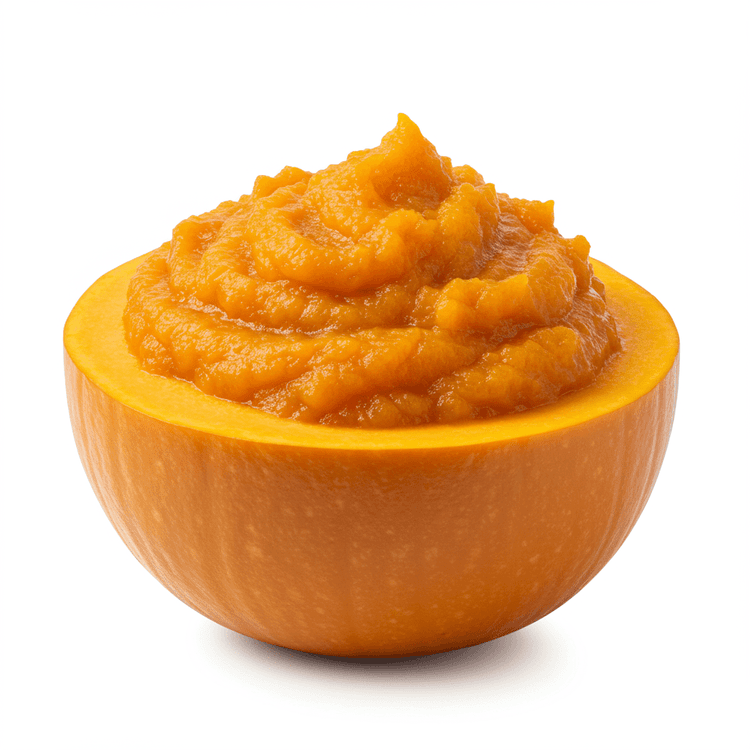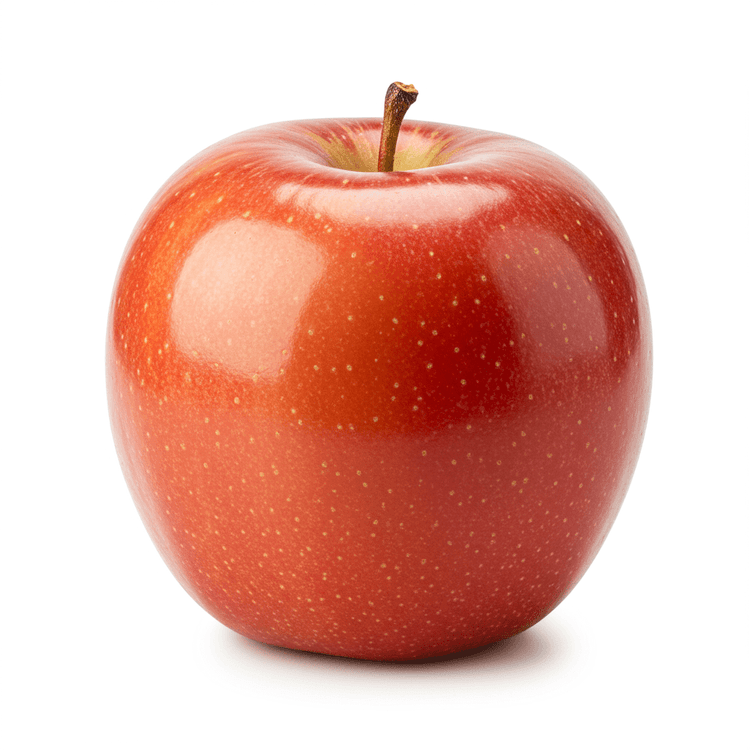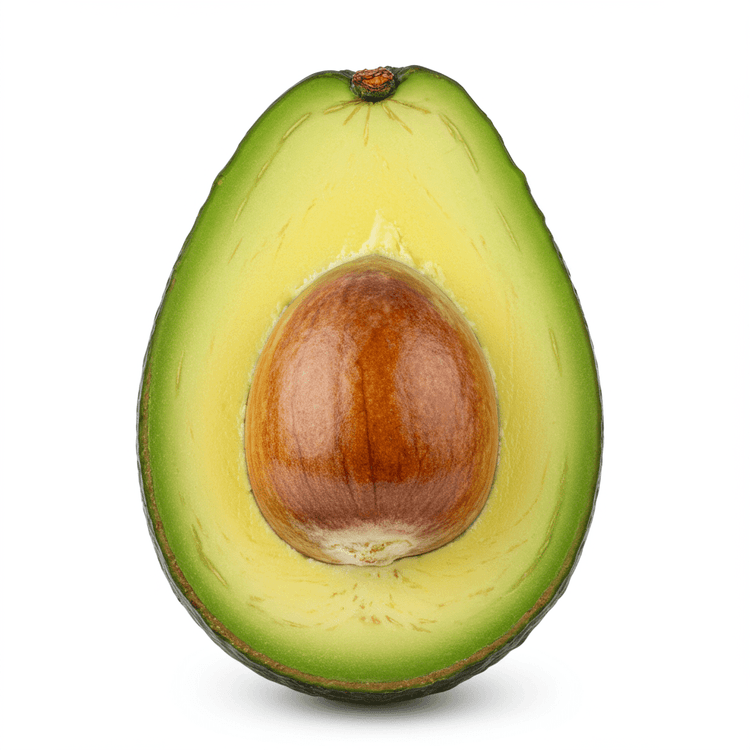
Oil
Oil is a versatile culinary staple, essential for a wide range of cooking applications. It's a liquid fat derived from plants, animals, or synthetic sources. Its flavor profile varies greatly depending on the source – from the mild, neutral taste of vegetable oil to the rich, fruity notes of extra virgin olive oil. The texture also differs; some oils are thin and light, while others are more viscous. Oil can range in color from pale yellow to deep golden brown. When used in cooking, oil serves as a cooking medium for sauteing, frying, and baking, imparting flavor and preventing food from sticking. Different types of cooking oils are often classified by their smoke points and health benefits. Discover the best oils for your recipes and elevate your culinary creations.
Common Uses
- Use oil for sauteing vegetables and meats, creating a flavorful and aromatic base for soups, stews, and sauces. The oil helps to evenly cook the ingredients while enhancing their natural flavors.
- Oil is essential for deep-frying foods like french fries, chicken, and donuts, providing a crispy, golden-brown exterior and a moist interior. Ensure the oil is heated to the correct temperature for optimal results.
- Use oil in baking to add moisture and richness to cakes, muffins, and cookies. It contributes to a tender crumb and enhances the overall flavor profile of baked goods. Explore using different oils to impart unique flavors.
- Create homemade salad dressings with oil, vinegar, herbs, and spices. Oil emulsifies the dressing, providing a smooth and balanced flavor. Experiment with different oil varieties for varied flavor profiles.
- Oil is ideal for roasting vegetables, creating a caramelized, slightly crispy exterior while maintaining a tender interior. Toss vegetables in oil with herbs and spices before roasting for enhanced flavor.
- Use oil for grilling to prevent food from sticking to the grill grates and to impart a smoky flavor. Brush meats and vegetables with oil before grilling to achieve grill marks and prevent drying out.
Health Benefits
- May support heart health due to monounsaturated and polyunsaturated fats.
- Can contribute essential fatty acids like omega-3 and omega-6, vital for brain function.
- Some oils are rich in antioxidants, helping combat oxidative stress.
- May improve the absorption of fat-soluble vitamins (A, D, E, K) when consumed with meals.
- Can contribute to overall well-being as part of a balanced diet.
Substitutes
Chefadora AI is here.
Experience smarter, stress-free cooking.
Storage Tips
The ideal storage for oil depends on the type. Generally, store oils in a cool, dark place away from direct sunlight and heat to prevent rancidity. Most cooking oils can be kept at room temperature. Olive oil may solidify in the refrigerator, but this doesn't affect its quality; simply allow it to return to room temperature before use. Certain nut oils with high levels of unsaturated fats benefit from refrigeration to prolong freshness.
Marnirni-apinthi Building, Lot Fourteen,
North Terrace, Adelaide, South Australia, 5000
Australia




